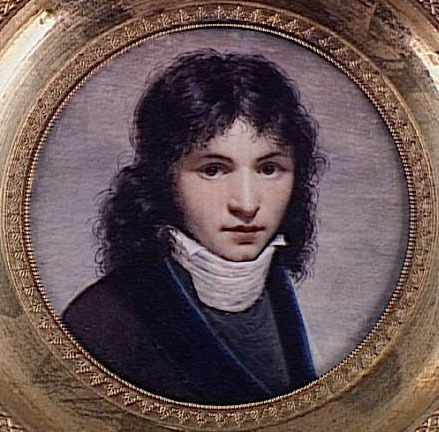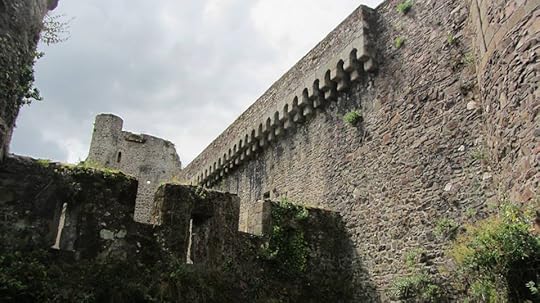What do you think?
Rate this book


238 pages, Paperback
First published January 1, 1829




On this occasion the tone of smothered rage with which he uttered the words made his two friends silent and circumspect. Even the pits of the small-pox which dented that veteran face seemed deeper, and the skin itself browner than usual. His broad queue, braided at the edges, had fallen upon one of his epaulettes as he replaced his three-cornered hat, and he flung it back with such fury that the ends became untied.I've often been surprised at Balzac's ability to draw believable women. On the other hand, this, his first novel, missed the mark slightly.
There is one thing remarkable about women: they never reason about their blameworthy actions, - feeling carries them off their feet; even in their dissimulation there is an element of sincerity; and in women alone crime may exist without baseness, for it often happens that they do not know how it came about that they committed it.The edition I read is in the collection: Works of Honore de Balzac where Katharine Prescott Wormeley was the translator. I have no way of comparing this translation, but I thought it read wonderfully as you might know from my 5-stars.